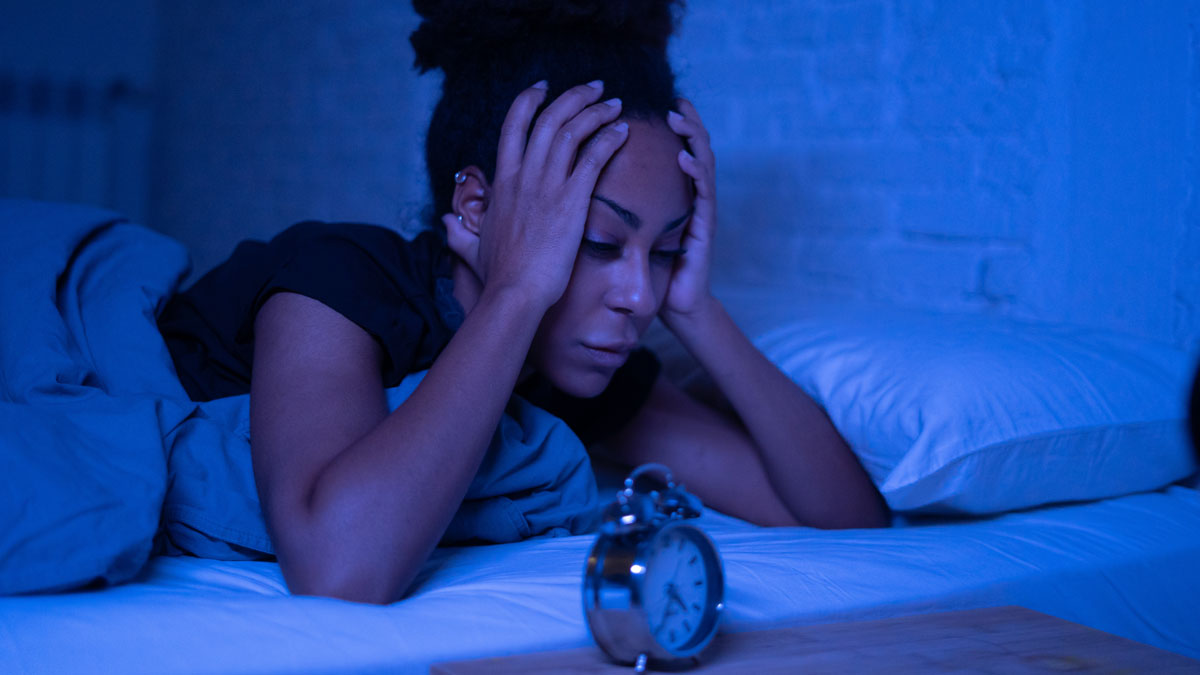The appeal of alcohol-induced drowsiness might hide its disruptive effect on sleep, especially for people who have sleep disorders. While it may make you feel drowsy at first, alcohol eventually disrupts sleep patterns, compromising the quality and restorative advantages of a good night’s sleep. Alcohol may worsen sleep difficulties in people who already have them, adding to a vicious cycle of sleep disruptions. In this blog post, we will help you recognize alcohol’s effects on sleep as a first step toward developing improved sleeping habits and prioritizing overall well-being.
For those interested in sobriety and improved sleep, understanding the significance of alcohol’s impact on sleep is crucial. Quality sleep enhances cognitive function, emotional resilience, and physical health, fostering overall well-being. On the flip side, poor sleep leads to cognitive impairment, mood disturbances, weakened immunity, weight gain, hormonal imbalance, increased stress, cardiovascular risks, impaired skin health, and a higher risk of diabetes. Regular alcohol consumption can disrupt sleep patterns and quality of sleep, initially inducing tiredness but ultimately negatively affecting the sleep cycle. Chronic drinking may contribute to sleep disorders, impacting both physical and mental well-being.
Importance of Good Sleep
Regular, peaceful sleep is a cornerstone of general well-being, providing an abundance of advantages necessary for a healthy and balanced life. A good night’s sleep improves healthy cognitive function by improving memory, concentration, and problem-solving abilities. It is essential for maintaining emotional resilience, stress management, and mood regulation. Physically, enough sleep strengthens the immune system, resulting in greater resistance to sickness. It also aids in muscle regeneration and growth, promoting overall physical health. Sleep allows the body to recover and renew, improving longevity and lowering the risk of chronic diseases. Consistent sleep patterns are not simply a luxury but a necessary investment in a one’s health and everyday functioning.
Adverse Health Impacts of Poor Sleep
- Cognitive Impairment: Persistent sleep deprivation can lead to difficulties in concentration, memory lapses, and impaired decision-making.
- Mood Disturbances: Inadequate sleep is associated with an increased risk of mood disorders, such as anxiety and depression.
- Weakened Immune System: A chronic lack of sleep can compromise the immune system’s ability to fend off infections and illnesses.
- Weight Gain: Poor sleep is linked to weight gain and an increased risk of obesity due to disruptions in hunger-regulating hormones.
- Hormonal Imbalance: Sleep deprivation may disrupt hormonal balance, affecting menstrual cycles and reproductive health.
- Increased Stress Levels: Sleep deficiency contributes to elevated stress hormones, impacting mental and physical well-being.
- Cardiovascular Risks: Long-term sleep problems are associated with an increased risk of heart disease and hypertension.
- Impaired Skin Health: Inadequate sleep can accelerate skin aging, contribute to inflammation, and exacerbate existing skin conditions.
- Risk of Diabetes: Chronic sleep deprivation is linked to insulin resistance, raising the risk of developing type-2 diabetes.
- Reduced Libido: Sleep deficiency may negatively impact sexual desire and function, affecting overall intimate well-being.
How Alcohol Changes Sleep
Regular drinking can have a substantial impact on a one’s sleep habits and sleep quality. While alcohol serves as a sedative at first, enhancing tiredness and assisting with falling asleep, its total impact on the sleep cycle is negative. The natural sleep cycle is disrupted by alcohol, resulting in fragmented and less restorative sleep. It disrupts the production of melatonin, a hormone important for regulating sleep-wake cycles. Furthermore, as the body processes alcohol during the night, it might produce repeated awakenings. Chronic alcohol drinking can contribute to the development of sleep disorders such as insomnia and sleep apnea, lowering overall sleep quality and severely impacting physical and mental well-being.
Medical Issues Affecting Sleep for Drinkers
Drinking alcohol before bedtime can make existing health issues worse, especially those related to sleep and heart health. If you have sleep apnea, alcohol can cause the muscles in your airway to be too relaxed, making it more likely for your breathing to be disrupted while you sleep. This can lead to more instances of interrupted breathing and lower levels of oxygen. Also, alcohol affects your heart, making heart-related problems more serious. It can cause irregular heartbeats, high blood pressure, and more strain on your heart. If you already have heart issues, drinking alcohol before bed can increase the risks, so it’s essential to be careful about drinking if you have health problems.
Get Help at Hanley
If your or your loved one’s drinking is becoming a problem, disrupting your sleep, and you can’t stop Hanley can help. We offer world-class facilities offering age- and gender-specific programming and individualized treatment plans, Hanley Foundation is proud to provide lifesaving treatment options to adults of all ages.
If you or a loved one need help, call our admissions team today at 855-809-4673.


